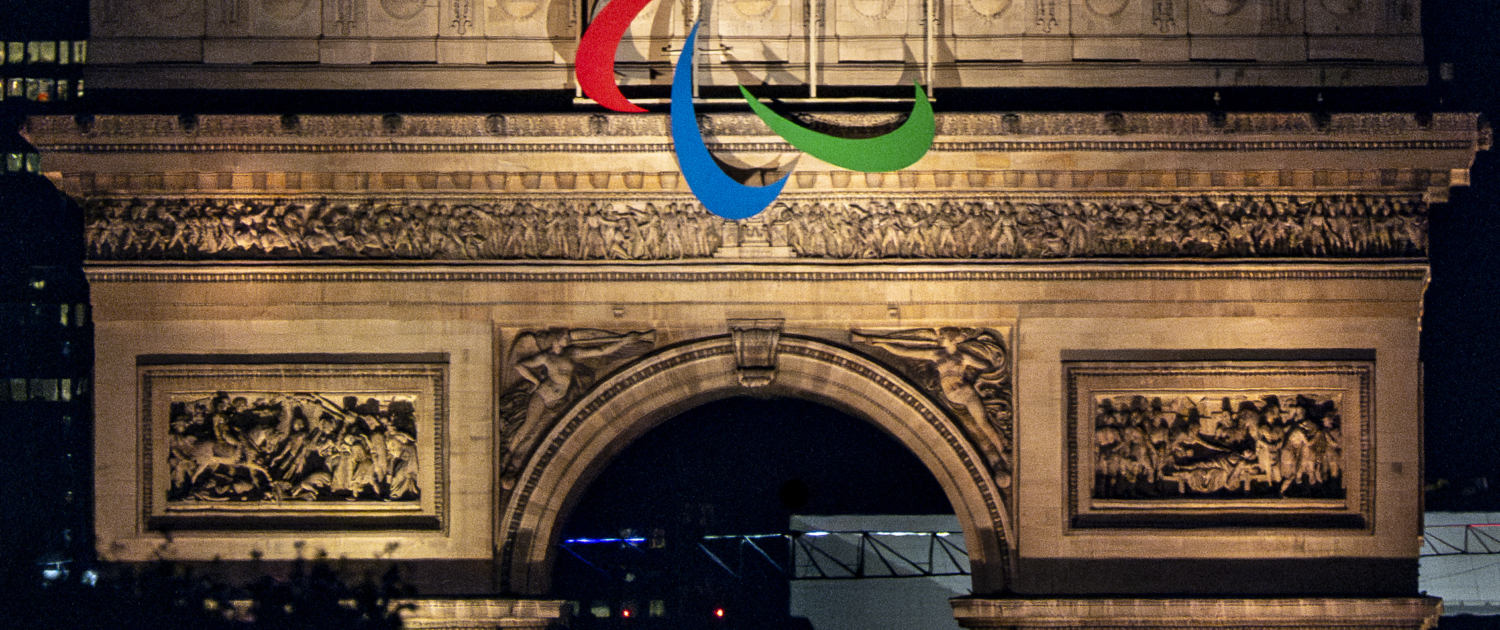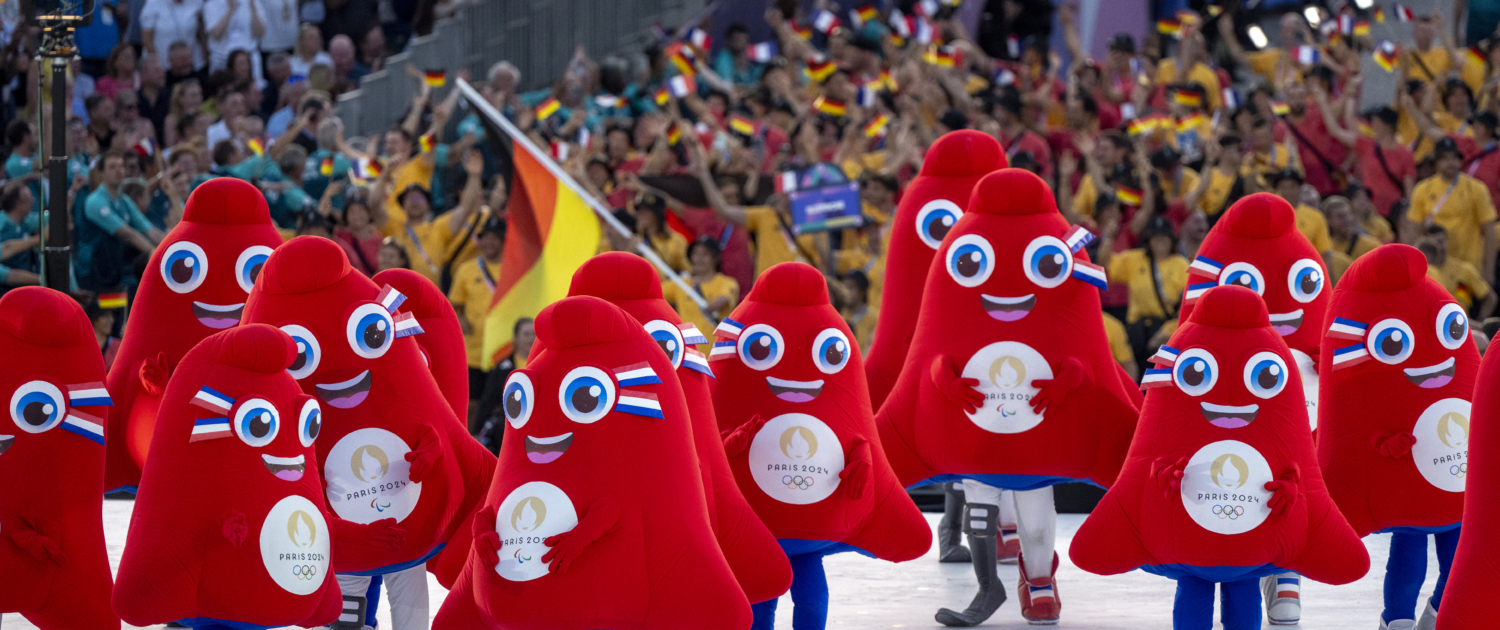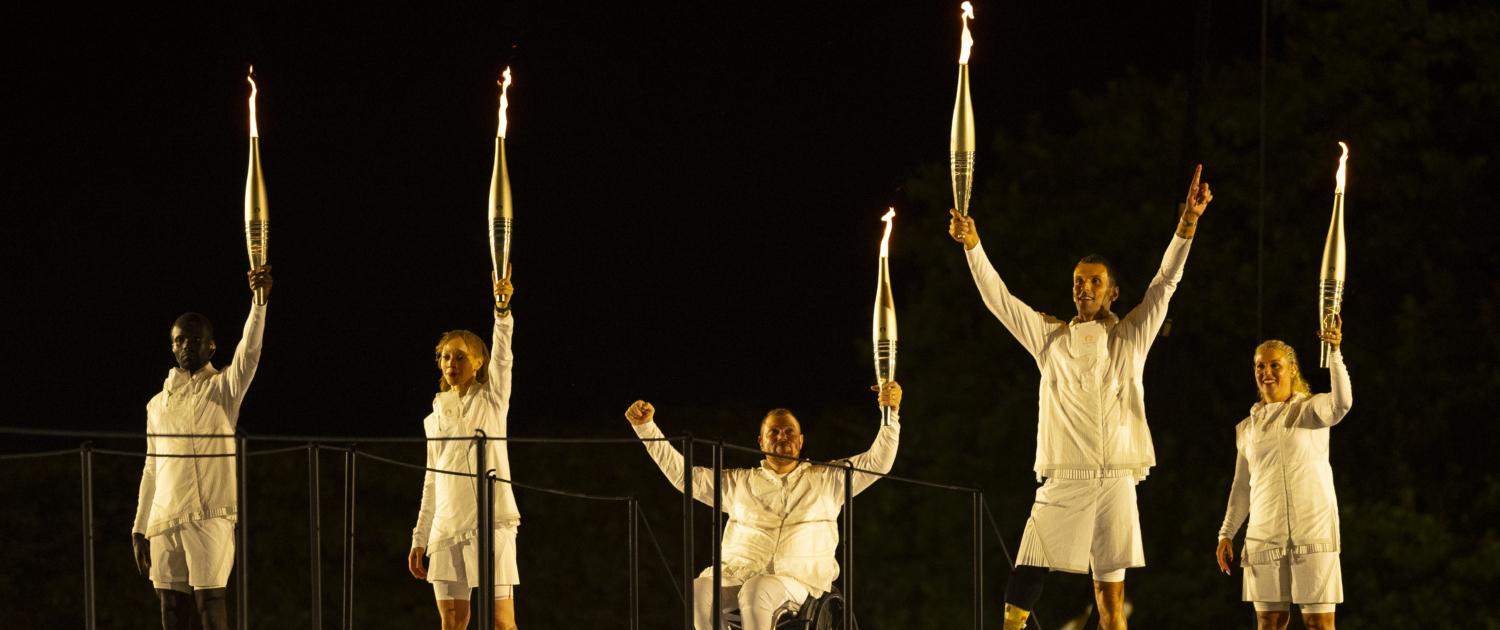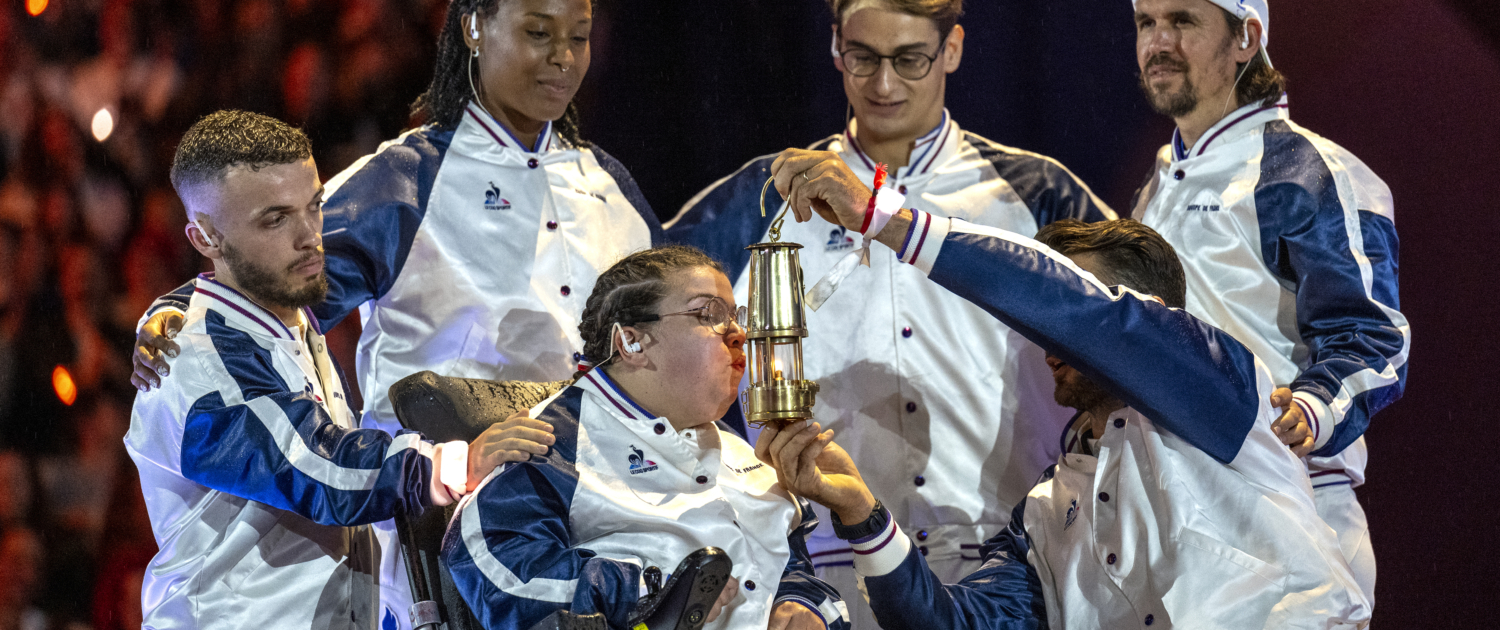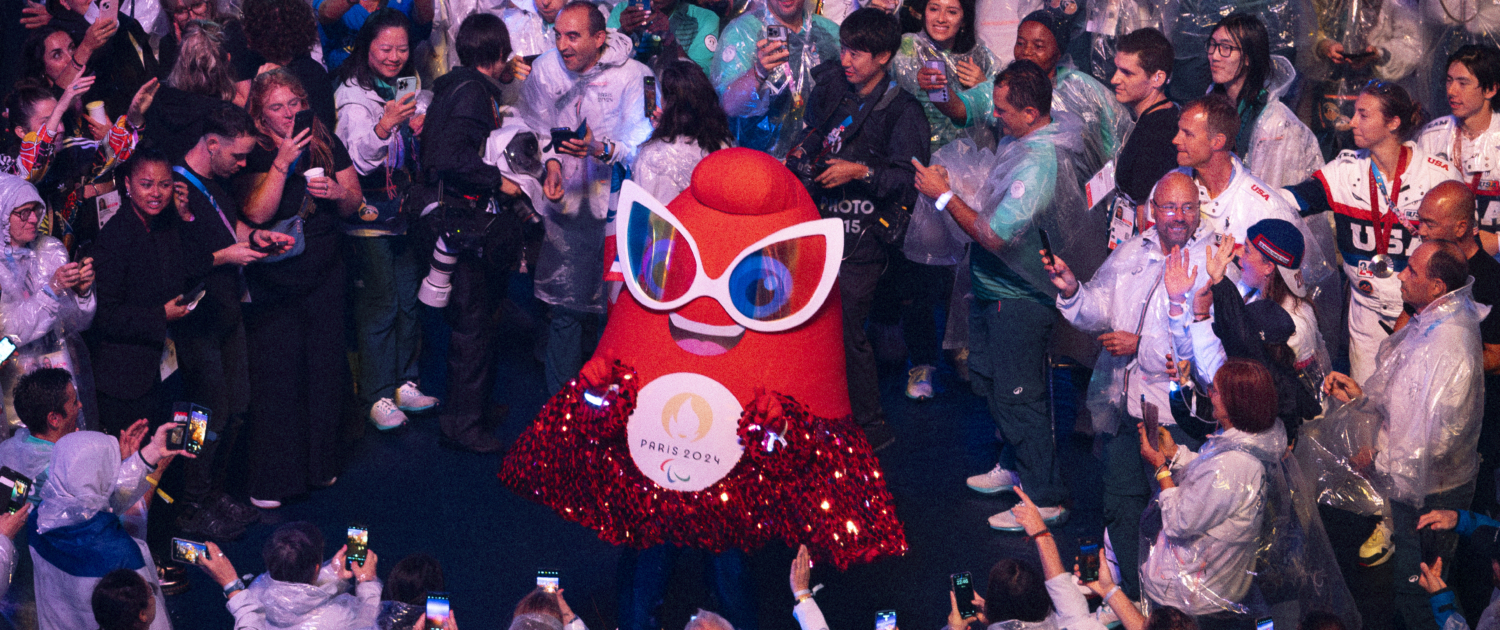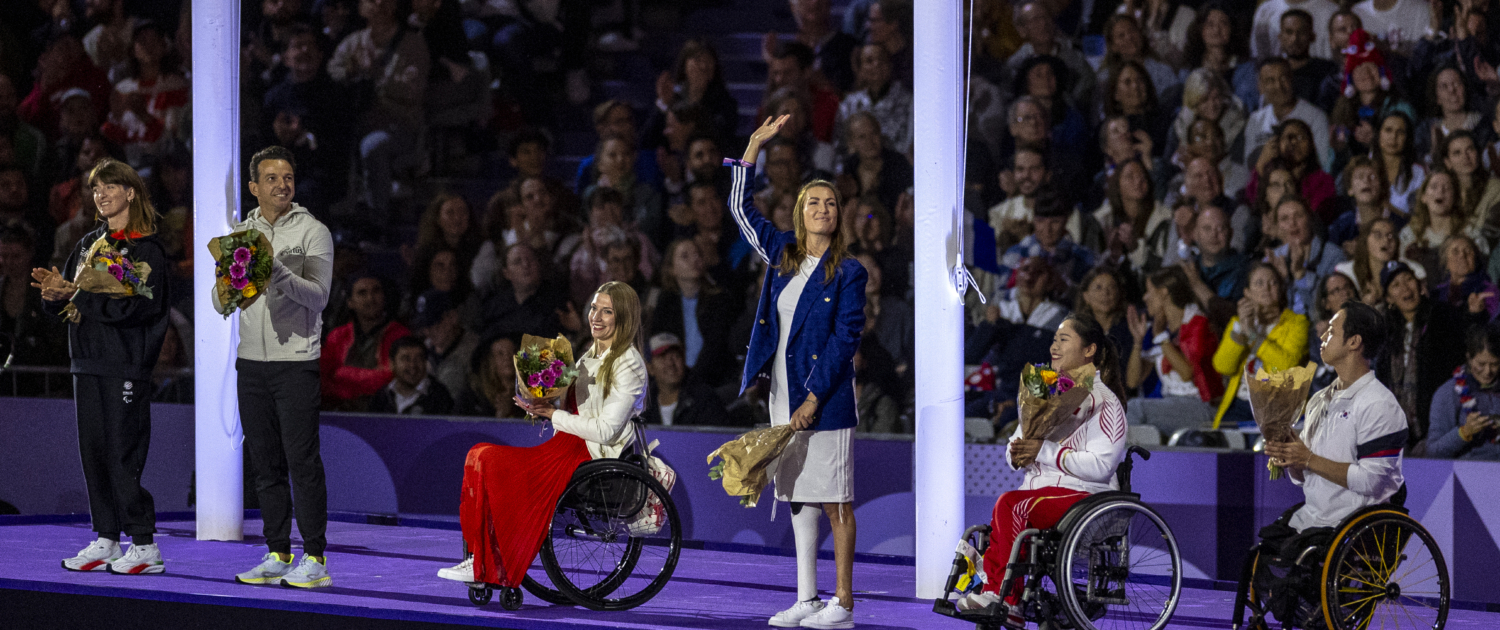The origins of the Paralympic Games trace back to 1948, when Sir Ludwig Guttmann, a German-British neurologist, organized the Stoke Mandeville Games for World War II veterans with spinal cord injuries. His vision was to use sports as a means of rehabilitation and social reintegration. The Stoke Mandeville Games continued to grow and, in 1960, they officially became the first Paralympic Games.
The inaugural Paralympics were held in Rome, Italy, featuring 400 athletes from 23 countries. This was the first time athletes with physical impairments competed at an international, multi-sport event, setting the foundation for the modern Paralympic Movement. In 1976, the first Winter Paralympic Games were held in Sweden, following the same four-year cycle as the Summer Games. Since the Summer Games of Seoul, Korea, in 1988 and the Winter Games in Albertville, France, in 1992, the Games have also taken place in the same cities and venues as the Olympics due to an agreement between the IPC and IOC.
The International Paralympic Committee (IPC), founded in 1989, now oversees the Games, working with International Federations to develop para sports worldwide.
Athletes with an intellectual impairment at Paralympic Games
Nagano 1998 Paralympic Winter Games
At the Nagano 1998 Paralympic Winter Games, three events were added to the cross-country program where a total of 92 athletes (54 male and 38 female) competed.
London 2012
A total of 120 athletes competed at the London 2012 Paralympic Games across three sports: athletics, swimming and table tennis.
Rio 2016
A total of 132 athletes with an intellectual impairment competed at Rio 2016. Seventy-nine male athletes (thirty-seven in athletics, thirty-one in swimming and eleven in table tennis) and fifty-three female athletes (thirty-three in athletics, fourteen in swimming and six in table tennis).
Tokyo 2020
A total of 161 athletes, 90 male and 71 female, competed at the Tokyo 2020 Paralympic Games in the intellectual impairment class events across three different sports.
Highlights:
- Three New World and four New Paralympic records were set in athletics
- Five New World and four New Paralympic records were shattered in swimming
Paris 2024
The Paris 2024 Paralympic Games will be remembered for the incredible feats of 157 athletes from 43 countries who competed in athletics, swimming, and table tennis.
- Four New World Records were set in athletics
- Three New World and two New Paralympic records were shattered in swimming.
- Paralympic debutant, Wada Natsuki became the first Japanese woman to win a Paralympic gold medal in Para Table Tennis.
- Yovanni Phillipe made history for Mauritius by winning a bronze medal in the men’s 400m T20 event—marking the nation’s first-ever Paralympic medal. Yovanni too was making Paralympic Games debut at Paris 2024.
- Deepthi Jeevanji became the first Indian athlete with an intellectual impairment to win a Paralympic medal.
- Barbara Bieganowska-Zając (POL) became the first athlete with an intellectual impairment to win five Paralympic Gold medals from five Paralympic Games editions.
- Virtus ambassador Lenine Cunha made headlines by becoming the first athlete with an intellectual impairment to be elected to the IPC Athletes’ Council. With 353 votes, Lenine ranked first among all candidates.
Get involved in our Campaign
Virtus campaigns drive awareness and break down barriers, ensuring more people with intellectual impairments can participate and thrive in sport. Some of our key focus are:
- Raise awareness about intellectual impairments, challenge societal stereotypes surrounding individuals/athletes with intellectual impairments and/or autism
- Leverage the platform of the Paris 2024 Summer Paralympic Games
- Advocating for greater inclusion at the Paralympic Games, aiming to expand opportunities for athletes with intellectual impairments across both Summer and Winter sports.
Making Invisible ‘VISIBLE’
The Making Invisible VISIBLE campaign by Virtus Sport shines a spotlight on athletes with intellectual impairments and autism competing at the Paris 2024 Paralympic Games. The campaign seeks to raise awareness of this often-overlooked athlete group, challenge societal stereotypes, and celebrate their incredible achievements on the world stage.
By leveraging the Paralympics as a platform, Making Invisible VISIBLE encourages greater recognition and inclusion of athletes with intellectual impairments in sport.
Paralympic Re-Inclusion
Virtus is committed to increasing opportunities for athletes with an intellectual impairment at all levels of sport, including greater representation at the pinnacle of the sporting calendar… the Paralympic Games.
At the recent 2024 Paris Paralympic Games, 151 athletes with an intellectual impairment representing just 51 of the 160+ nations competed, out of a total athletes population of 4400. Just 3 of the 22 sports offered in Paris included competition for athletes with an intellectual impairment (athletics, swimming and table tennis).
Our aim is to increase the number of sports, the number of athletes and the number of nations, including Paralympic competition for athletes with an intellectual impairment in the Summer Games, and, for the first time, we want to see medal events included in the Winter Paralympic Games.
Achieving this is a difficult and complicated task. However, it can be achieved when the para sports community – the International Paralympic Committee and the International Federations of sport – work collaboratively with Virtus.
We call on all organisations to support our efforts to create a fair and inclusive sporting world for athletes with an intellectual impairment.
Winter Paralympic Re-Inclusion
Athletes with an intellectual impairment (II) train and compete at the highest level, yet their presence at the Paralympic Games remains severely limited. While II athletes were once part of the Winter Paralympics, a setback in Sydney 2000 led to years of exclusion. Though they returned to the Summer Games in London 2012 in athletics, swimming, and table tennis, they are still absent from the Winter Paralympics, and their opportunities remain restricted. This lack of inclusion denies thousands of elite II athletes the chance to achieve their Paralympic dreams and inspire future generations.


